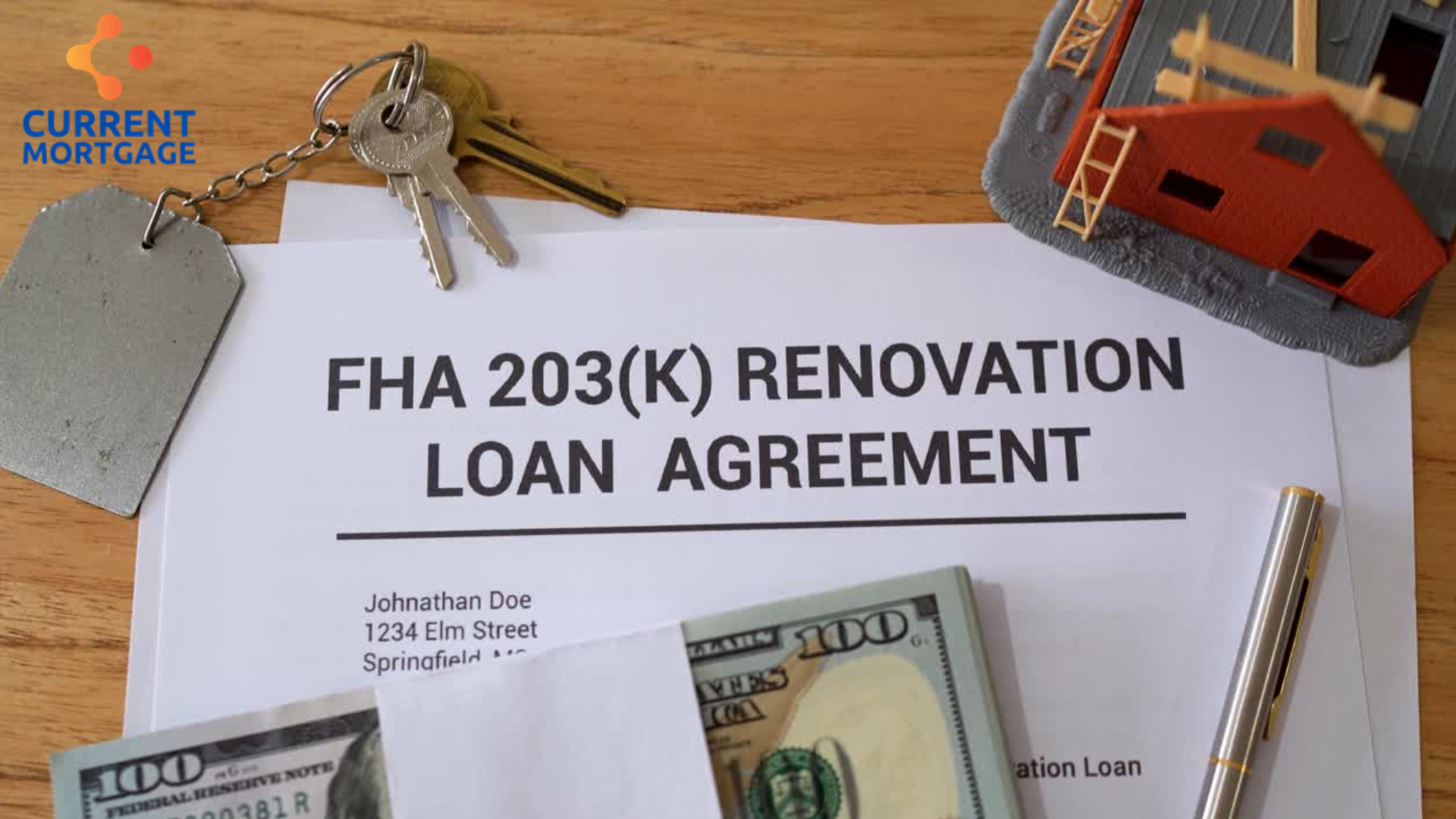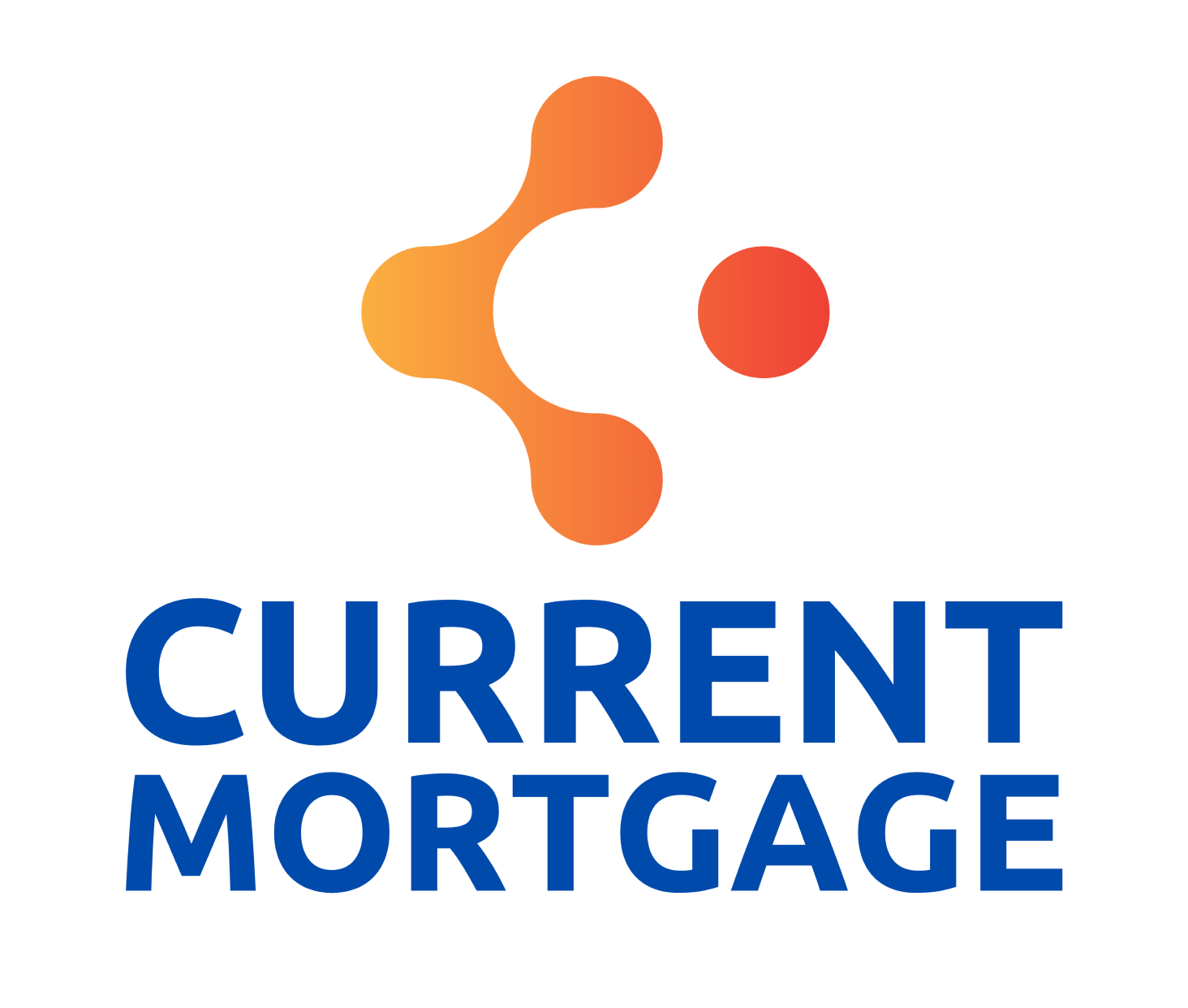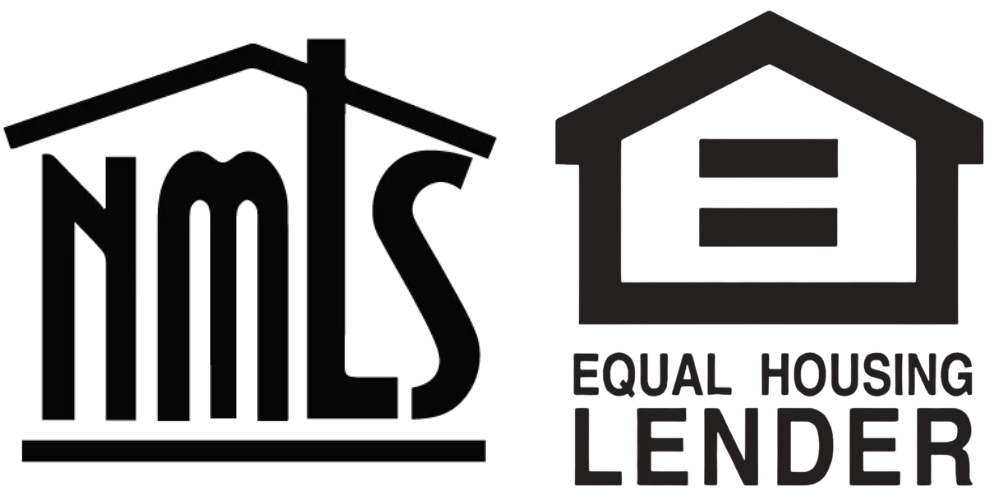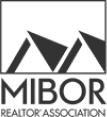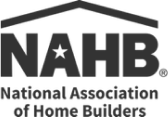What is a Mortgage Escrow Account?
What is a Mortgage Escrow Account?
When you buy a home, your monthly mortgage payment is more than just paying off the loan. If you’ve heard of an “escrow account” but aren’t quite sure what it means, you’re not alone. Let’s get into it.
What is a Mortgage Escrow Account?
A mortgage escrow account is like a savings account run by your lender or loan servicer. It’s where they hold funds for recurring property expenses like property taxes and homeowner’s insurance. Each month a portion of your mortgage payment goes into this account so when those bills are due there’s money set aside to pay them.
Why Do Lenders Require Escrow Accounts?
Lenders use escrow accounts to protect their investment—your home! By paying property taxes and insurance premiums on time they minimize the risk of tax liens or lapses in coverage. It’s a win-win: you don’t have to save for and remember these payments and the lender reduces the risk.
What’s in an Escrow Payment?
Your escrow payment includes:
- Property Taxes: Annual taxes based on your home’s value.
- Homeowner’s Insurance: Coverage for damage to your home or liability claims.
- Private Mortgage Insurance (PMI): If required, PMI payments may also go into escrow.
These costs are calculated and spread out over 12 months and added to your mortgage principal and interest payment.
How are Escrow Payments Adjusted?
Each year your lender reviews your escrow account to make sure the collected amount matches the actual costs. If there’s a shortfall (like a tax increase) your payment may go up. If there’s an overage you may get a refund or reduced payments.
Escrow Account Pros and Cons
Pros:
- Simplified budgeting for big expenses.
- Payments made on time by your lender.
- Peace of mind knowing property taxes and insurance are covered.
Cons:
- Higher monthly mortgage payments.
- Funds are held by the lender, no interest earned.
Do You Need an Escrow Account?
Some loans, especially conventional loans with a big down payment, may allow you to opt out of escrow. But if you do, you’ll be responsible for managing tax and insurance payments—a task not everyone is up for.
Bottom Line
Mortgage escrow accounts make the financial part of homeownership easier by taking care of big payments for you. Not everyone needs one but knowing how they work will help you plan and manage your monthly mortgage payment.
Got questions about your escrow or want to chat about your mortgage? Contact me!
